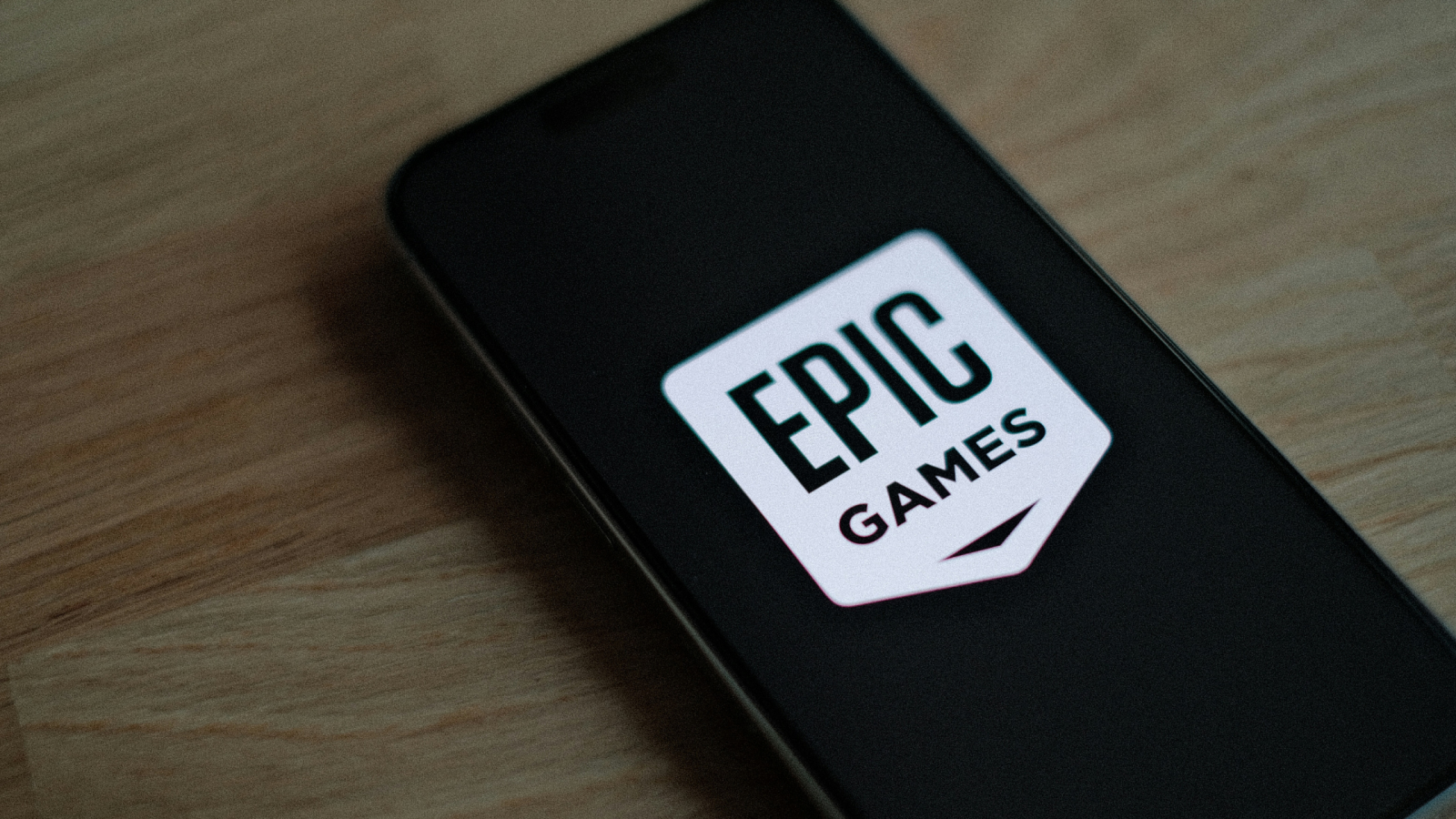What Epic Games’ acquisition strategy tells us about the company’s long-term plans

Photo: appshunter.io

Epic Games has announced it is acquiring Psyonix, the creator of Rocket League.
As we’ve reported in the past, the coming games streaming revolution, which is already shifting market dynamics to a much more device/platform-agnostic paradigm, will see a small set of large publishers make their own attempts at building entertainment ecosystems and potentially subscription services. These, similarly to EA, will be largely based on their ability to leverage content catalogues. Epic Games seems to be doing just that.
Building up an ecosystem in the attention economy
There are a number of reasons for the acquisition, all of which make sense from a commercial perspective. These include acquiring users and engagement, cutting out inefficiencies in the supply chain and protecting against tech majors who are entering the games industry rapidly:
- Acquiring engagement – Rocket League has 50 million active users. Some of these would inevitably already be a part of Epic’s ecosystem through playing Fortnite, so the new addition of users might not be astronomical. However, Epic’s business model is largely based on engagement-connected revenue. In the attention economy, the main problem for a company like Epic is how to keep monetizing users beyond their Fortnite session. With the acquisition of Rocket League, Epic Games has widened the attention/engagement net. We can expect Epic to continue looking at additional acquisitions as the company tries to build up its attention ecosystem.
- Gaining leverage to cut out the middle man – Though no plans to make Rocket League an exclusive title for Epic have been officially announced yet, the wording around the acquisition seems to suggest that it is one of the possibilities being explored. For now, Fortnite remains on Steam. However, Steam and other distributors should be worried. Not only could Fortnite’s potential departure from Steam make an undesirable dent in engagement and revenues for the distributor, but Epic’s actions could trigger a number of copycat moves, which would see Steam’s business model disrupted. While most publishers and developers don’t have a large enough reach to happily wave goodbye to a distributor like Steam, a number of the top companies are increasingly likely to look at cutting out the middle man.
- Strengthening the ecosystem to protect against tech majors’ influence: Ever since we started covering the games streaming transformation, we have predicted that PC gaming will be disrupted first, with distributors such as Steam being forefront in the firing line. Publishers themselves, however, shouldn’t rest at ease. Each new player entering the games streaming market will intensify the demand for content and distribution deals. This is good news for publishers and developers in the short term as more content will get made, just as streaming did for music. However, in the mid to long term Microsoft, Google and Amazon will be ready to invest heavily to secure attractive content catalogues. In a bid to distinguish their products, they will also invest in original content. Developers and publishers will find themselves compelled to follow the streaming video originals model, effectively becoming ‘white label’ suppliers to tech majors. This in turn could result in a less risky business model, with income no longer purely tied to the success of a title. However, both white-labellers and publishers who decide to compete could find their margins squeezed in the long term. The stronger the tech majors’ catalogues grow, the less dependent they will become on third party creators. Publishers and developers may face pricing pressure as tech majors look to maximize efficiencies in their supply chains. Top games companies may follow EA’s model and pursue their own games streaming subscription projects; however, this will only be an option for a handful of companies. Epic’s acquisition strategy suggests it’s planning to be precisely one of those companies.

The discussion around this post has not yet got started, be the first to add an opinion.